Thursday, April 16, 2015
In our series on EPN Hero Dov Pasternak, (check out Part 1 here and Part 2 here) we've been sharing his work in the Sahel, including his role in developing crops for the region. We've also shared a story on his fruit, the Pomme du Sahel. Next up, we'd like to introduce you to an amazing plant called Moringa and the important role Dov has played in producing it.
Greens - the leafy vegetables - seem to be everywhere nowadays. Fitness and health enthusiasts can't get enough of them. Blogs and peer reviewed journals hail their nutritional value. Athletes swear by greens and “juicing”. Smoothie shops capitalize on their popularity. The health benefits are so great that dietitians have started calling them “superfoods”. Here in the U.S. we typically hear about greens like spinach, kale, and collards.
We'd like to introduce you to a new superfood called Moringa; one that happens to be grown by participants of our Farmers of the Future program. Dov Pasternak developed an excellent new variety of Moringa (the major vegetable for Niger) and it spread like fire! Tens of thousands of people are growing it and millions more are eating it.
Did we mention that Moringa is arguably the healthiest food in the world? A recent analysis of the leaves found that Moringa contains more vitamin A than carrots, more iron than spinach, and more potassium than bananas. It also packs as much protein as milk or eggs. The seeds are even used in soaps and scrubs, because Moringa oil can lift dirt off skin without drying it, much like olive oil. The plant has benefits across the board.
Moringa is not only a superfood, it's a super cash crop. It's a perennial, tree-like plant that tolerates Niger's harsh climate. The leaves can be harvested and sold up to 10 times per year, providing year-round cash flow -- a big deal for farmers who live on the razor's edge. The shade from Moringa leaves provides relief from Niger's powerful sun and the opportunity to grow vegetables that would not otherwise survive. This too is a big deal. Growing and selling vegetables in scarce supply is a perfect strategy to maximize income from small plots of land. So you won't be surprised to learn that Moringa has become the cornerstone of our FOF vegetable gardens.
Moringa's market potential is massive. The plant is already in markets all over mid- and northern Africa, but has not reached as many people globally. The same type of popularity surge that kale saw during the mid-2000s may soon happen with Moringa. This means African farmers growing this plant, like our Farmers of the Future participants, may be on the ground floor of the world's next health food craze. How about that!!

